Myth in games
The timeless origins of 10 gaming tropes
We’ve all had our fun spotting recurring elements in games. So many kidnapped princesses! So many spiky-haired antiheroes! But why the constant repetitions? Are developers that lazy? Or could games, in their transition from high-score one-upmanship to narrative medium, have tapped into the basics of mythic tropes?

Above: The New Storytelling, that is
Not to be confused with its drooling bastard cousin, the cliche, the trope is the DNA of story. There’s a reason that the notion of the hero remains unchanged from the Epic of Gilgamesh to Crude Buster. The fundamentals of legend - as catalogued by scholars like Joseph Campbell and James Frazer - have remained constant for thousands of years, and they’re not going anywhere just because we add QTEs to them.
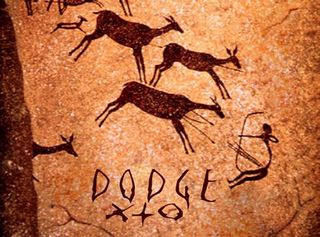
As we explore the mythological roots of ten of gaming’s most common motifs, one caveat: our aim here is to provide a starting-point. If we tried to give a comprehensive list of every time a game has done anything mythic, you’d be here all day - and sick to death of the words “God of War.”
Sorted? Let’s begin…
The Chosen Hero
Only one can save us now, and it’s probably an apathetic smartass.

The world is on a precipice: villagers report monsters in the nearby woods, or research in a top-secret underground lab is about to make a breakthrough, or President Ronnie has been kidnapped by Ninjas. Thrust into the fray is an unlikely saviour: a rough orphan boy, a gawky quantum physicist, or perhaps some Dudes who happen to be Bad, depending on what the situation demands.
Hallmarks:
- Starts out caring not a whit for their quest, or even opposing it.
- Ends up caring deeply, winning the day, and suffering mightily for the cause.
- Seriously, though: what the hell is with that hair?
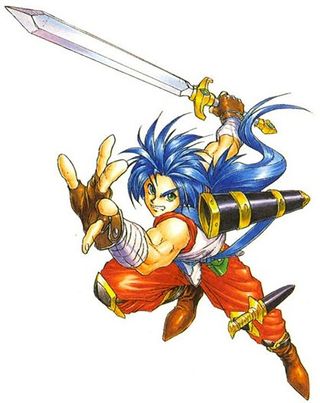
Above: Don’t you have, like, a job or something?
Some Examples:
Link (The Legend of Zelda), Alexandra Roivas (Eternal Darkness: Sanity’s Requiem), anyone first seen oversleeping.

Above: Why don’t you just time travel to an era where they have alarm clocks?
Where’s This Come From, Then?
The Chosen Hero is the only one who can pull the sword from the stone: the one mandated by fate to Get It Done. Forebears from myth and legend include everyone from King Arthur or Hercules, all the way to religious heavy-hitters like Jesus or the Buddha.
How Do Games Do It?
Games like Zelda and Secret of Mana – which feature literal sword-from-stone scenes– are examples of games keenly in tune with the heroic myth. But the Chosen Hero can just as easily be a character like Ninja Gaiden’s Ryu, born into the role of avenger; or even Mario, apparently the only guy in the entire Mushroom Kingdom capable of jumping on a few ornery fungi.
Sign up to the 12DOVE Newsletter
Weekly digests, tales from the communities you love, and more
The Mentor
“’Ere, you don’t wanna do it like that, you wanna do it like this!”

Once it’s been determined that stuff needs fixing, the hero will turn to one who knows how to fix it. The Mentor gives the hero skill, knowledge and confidence, and maybe even help in combat. But he’s unlikely to see the final battle – due to injury, the ravages of age, or some mightily surprising reversal of allegiances.
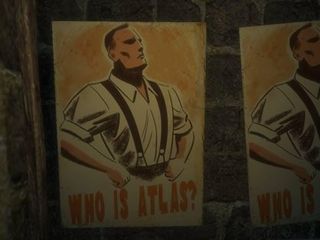
Above: SPOILER -we have no idea
Hallmarks:
- Being stupidly powerful if the game lets them see combat.
- Speaking in ye-olde-selfe-helppe cliches.
- Most likely character to be played by a big-name voice actor.
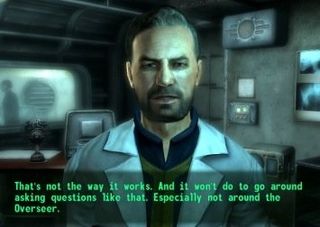
Above: Let’s see you tell Qui-Gon Jin/Aslan/Taken to piss off
Some Examples:
Theresa (Fable 2), Zhuge Liang (Dynasty Warriors), anyone over 40 not actively sacrificing babies to the enemy.
Where’s This Come From, Then?
In Homer’s Odyssey, the original Mentor both raised the hero’s son and embodied the goddess Athena. Since then, the term has come to denote the wise figure setting heroes on the right path: Merlin, Gandalf and Kipling’s Kaa are some well-known Mentors.
How Do Games Do It?

Above: The hell you say!
While the Mentor features in plenty of games, there’s often confusion as to whether it’s the hero that needs their wisdom, or the player. Many games use the Mentor as a way to shoehorn in all the tedious info that, really, we could have easily figured out (or just found in the manual). Cleverer gaming twists on the Mentor include Viewtiful Joe’s paunchy Captain Blue and Master Chief’s virtual BFF Cortana.


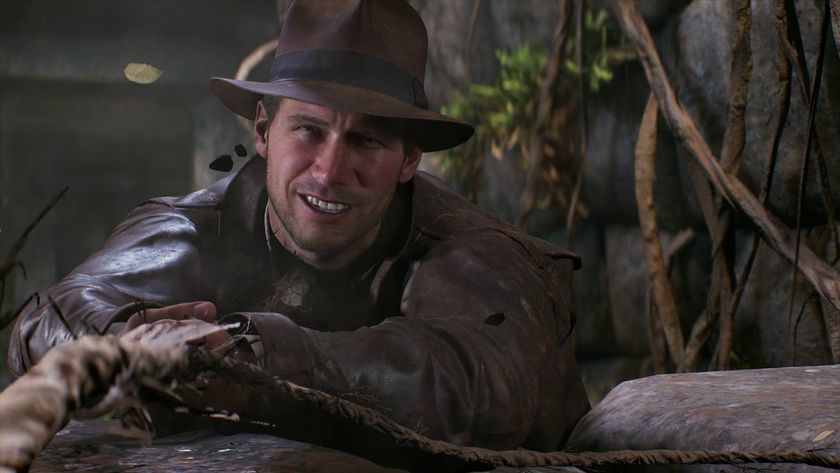
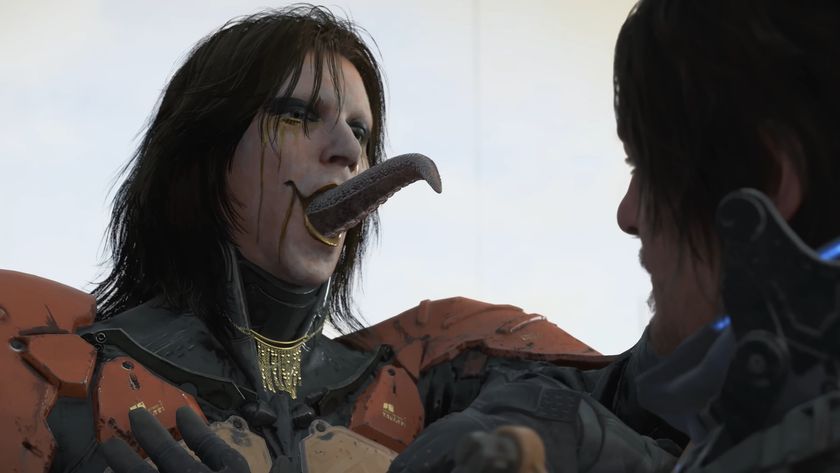
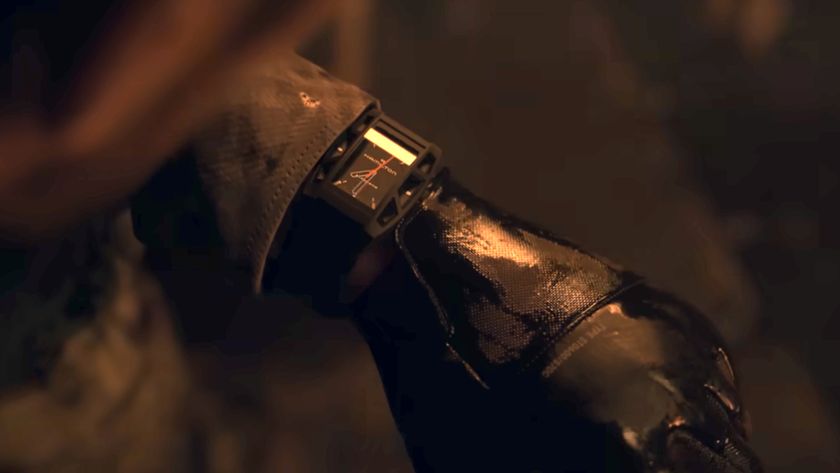








Intergalactic: The Heretic Prophet is "a game about faith and religion," which Neil Druckmann jokes will surely get less hate than The Last of Us 2

The Last of Us creator Neil Druckmann says Intergalactic: The Heretic Prophet will also be about "being lonely," as if his zombie apocalypse wasn’t isolating enough: "I really want you to be lost"





